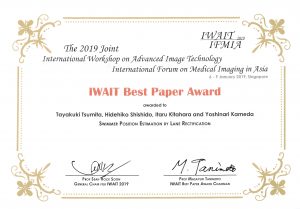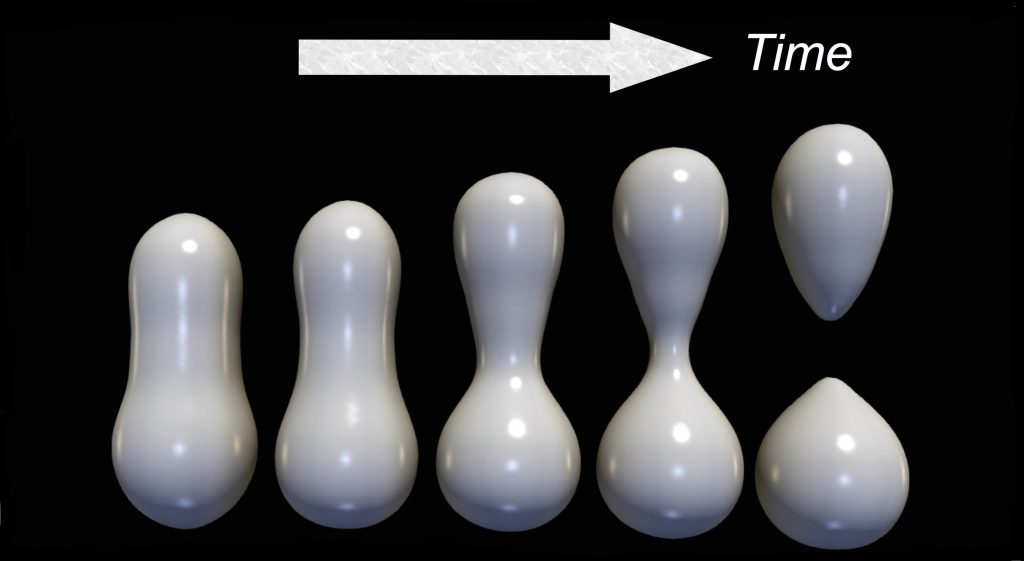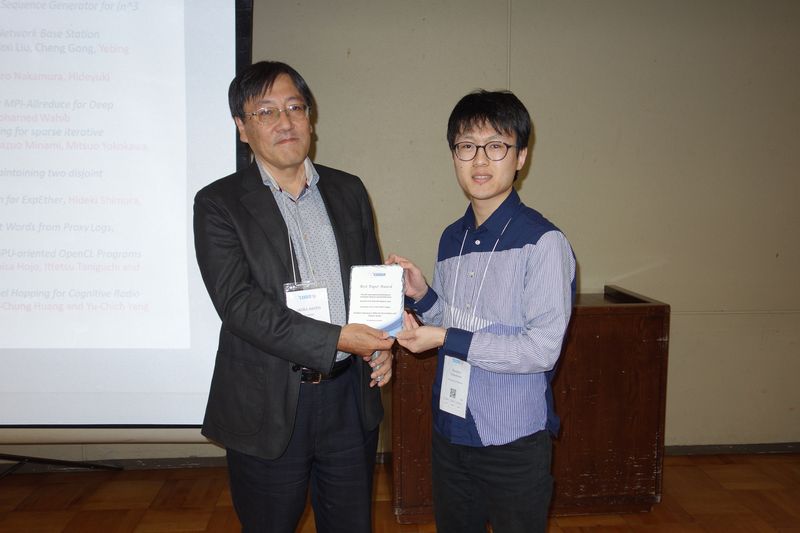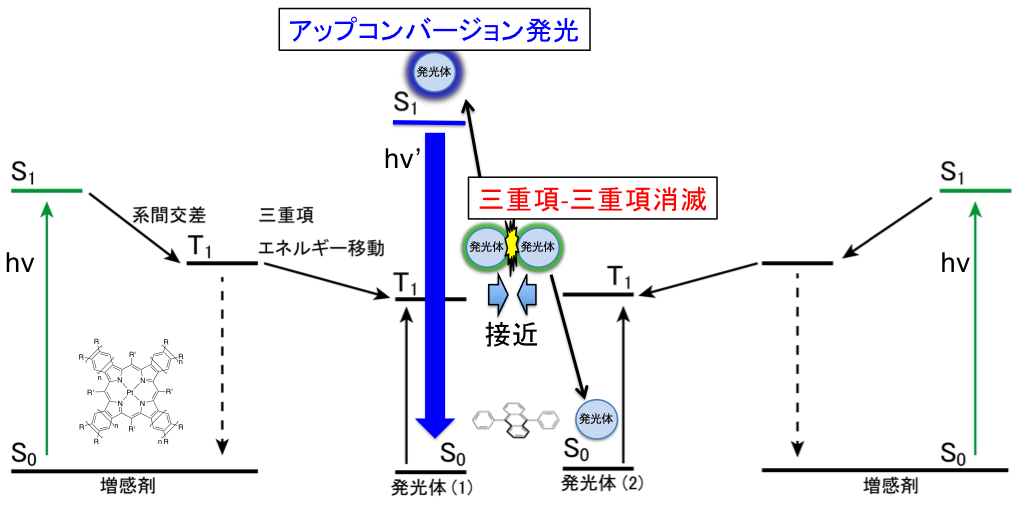Researcher position in University of Tsukuba
1. Position type: Postdoctoral Researcher
2. Subject areas: Nuclear Physics (Theory)
3. Place: Nuclear Physics Division, Center for Computational Sciences (CCS)
4. Job description:
Researches in computational nuclear physics. Current research efforts
in Division of Nuclear Physics at CCS includes physics related to
nuclear structure, nuclear reaction, and structure of neutron stars,
using energy density functional theories and nuclear many-body
methods. There are opportunities to collaborate with other groups in
CCS and experimental groups in College of Physics.
5. (1) Start: As soon as possible after April 1st, 2019
(2) Period: Three years
(3) Salary according to experience/ages
6. Requirement: Applicants must have a PhD degree before April, 2019.
7. Application materials:
(1) Curriculum Vitae (with a photo)
(2) List of Publications (refereed/non-refereed) and Talks (invited/contributed)
(3) Research statement
(4) Contact information for two references
8. Application deadline: December 21st (Fri), 2018
9. Submission and contact
Send all the materials as a single attached PDF file by email, to
Takashi Nakatsukasa (Nuclear Physics Division Head)
apply[at]nucl.ph.tsukuba.ac.jp (*[at]=@)
with “Subject: Application to Postdoc in Nuclear Physics Division” or by post to
Takashi Nakatsukasa
Center for Computational Sciences, University of Tsukuba,
Tsukuba 305-8577, Japan
NB: Write in red ink “CCS Postdoc (Nuclear Physics)” on the envelope.
10. Note:
University of Tsukuba is an equal opportunity employer.
http://www.ccs.tsukuba.ac.jp/eng/






